The reasons often given by some brides and grooms for being late for the celebration of their holy matrimony are often not only disappointing, disturbing, and discomforting to invited guests but also, somehow, a subconscious betrayal of their superficial appreciation of the sacrament.
Before I make some proposals of how best to deal with such situations in Part III of this series on the liturgies of holy matrimony, let us first have a dispassionate consideration of some facts.
Even without the remains of a deceased person (occasioned by impossible, difficult, or impractical situations like total burns), there is an established possibility of celebrating funeral liturgies in their favor. This is commonly referred to as Memorial Mass [cf. Roman Missal: Masses for the Dead III (Various Commemorations) – IV (Various Prayers for the Dead)] and has the same end as funeral Masses.
Debatably (no other time for the reception of the deceased remains, than in the Introductory Rites), therefore, it may be understood even without agreeing to the wrong proposition that if push comes to shove, funeral liturgies can begin before the remains are brought in.
Be that as it may, such over-rationalization of facts cannot be considered for the celebration of holy matrimony because, aside from the delicate nature of the Sacrament, which necessitates the full and charitable support of the Church, the Rubrics for the Order of Celebrating Matrimony (45-52/80-85/119-120) do not anticipate, even remotely, the possibility of beginning holy matrimony without the bride, the groom, or both. Indeed, both must be present before the celebration begins. Below are the Introductory Rites:
First Form (45-46 or 80-82): At the appointed time, the priest, wearing an alb and a stole and chasuble of the color of the Mass to be celebrated, goes with the servers to the door of the church, receives the bridal party, and warmly greets them, showing that the Church shares in their joy. The procession to the altar then takes place in the customary manner. Meanwhile, the Entrance Chant takes place.
Second Form (48-49 or 83-84): At the appointed time, the priest, wearing an alb and a stole and chasuble of the color of the Mass to be celebrated, goes with the servers to the place prepared for the couple or to his chair. When the couple have arrived at their place, the Priest receives them and warmly greets them, showing that the Church shares in their joy’.
Here, the Introductory Rites are not to be perceived as an icing on the cake but as an integral part of the cake itself (cf. GIRM 46). Beyond words, those formulas are graphic representations of the Church’s availability to charitably stand by those who courageously embrace that delicate sacrament that forms the fulcrum of the society and, yet, is threatened by diverse evils.
In the rubrics (45, 49, 80, 84), this is plainly captured as: ‘the Priest receives them and warmly greets them, showing that the Church shares in their joy.’
The uncompromised liturgical presence of both bride and groom is necessitated by the fact that, unlike the Eastern liturgies where the minister of the sacrament of holy matrimony (which is called “Crowning”) is the priest or bishop, in the Latin Church, it is ordinarily understood that the spouses are ministers of that sacrament of grace, not the clergy or any other person competently delegated by the Church (cf. CCC 1623; Rubrics for the Order of Celebrating Matrimony, 24-25).
Thus, except for baptism that ordinary priests (laity) may validly administer in times of emergency, holy matrimony may be properly done with the presence of a delegated layperson by a competent authority of the Church.
Thus, CIC Can. 1116 §1-§2 anticipates, ‘If a person competent to assist according to the norm of law cannot be present or approached without grave inconvenience, those who intend to enter into a true marriage can contract it validly and licitly before witnesses only: in danger of death; outside the danger of death provided that it is prudently foreseen that the situation will continue for a month.
In either case, if some other priest or deacon who can be present is available, he must be called and be present at the celebration of the marriage together with the witnesses, without prejudice to the validity of the marriage before witnesses only.’
Indeed, the Rubrics (25) for the Order of Celebrating Matrimony states: Where there is a shortage of priests and deacons, the diocesan bishop can delegate laypersons to assist at marriages, after a prior favorable vote of the Conference of Bishops and after the permission of the Apostolic See has been obtained. A suitable layperson is to be selected, who is capable of giving instruction to those preparing to be married and able to perform the marriage liturgy properly (CIC can. 1112, §2). The layperson asks for the consent of the spouses and receives it in the name of the Church (CIC can. 1108, §2).
As it were, ordained ministers, like all those properly delegated, are valuable witnesses of the ritual liturgy, and their presence is ordinarily needed for the validity of the sacrament; however, their esteemed roles do not override those of the contracting parties who double as ministers of the rite.
In 2021, Adom Online of the multimedia group reported that a certain Wezzie Msiska died in a ghastly road accident while on her way to the church to marry a certain Victor Kayera on Saturday, December 18, 2021. In such worse scenarios, what will the presider do and appear to be, if, for instance, a ritual mass for holy matrimony had already begun with the hope that the bride, groom, or both would join later?




![[Article] Beginning Holy Matrimony without the bride and, or the groom? – Part 1](https://catholic-trends.com/wp-content/uploads/2025/05/4.jpg)
![[Article] A bride or groom as a thurifier in Holy Matrimony?](https://catholic-trends.com/wp-content/uploads/2025/06/WhatsApp-Image-2025-06-11-at-11.43.41.jpeg)
![[Article] Holy Matrimony: Pastoral approach to the discomforts of time-abuse? – Part III](https://catholic-trends.com/wp-content/uploads/2025/06/Holy-Matrimony-1.jpg)
![[Article] Beginning Holy Matrimony without the bride and, or the groom? – Part II](https://catholic-trends.com/wp-content/uploads/2025/05/5685-love-rings-wedding-bible-56926.jpg)

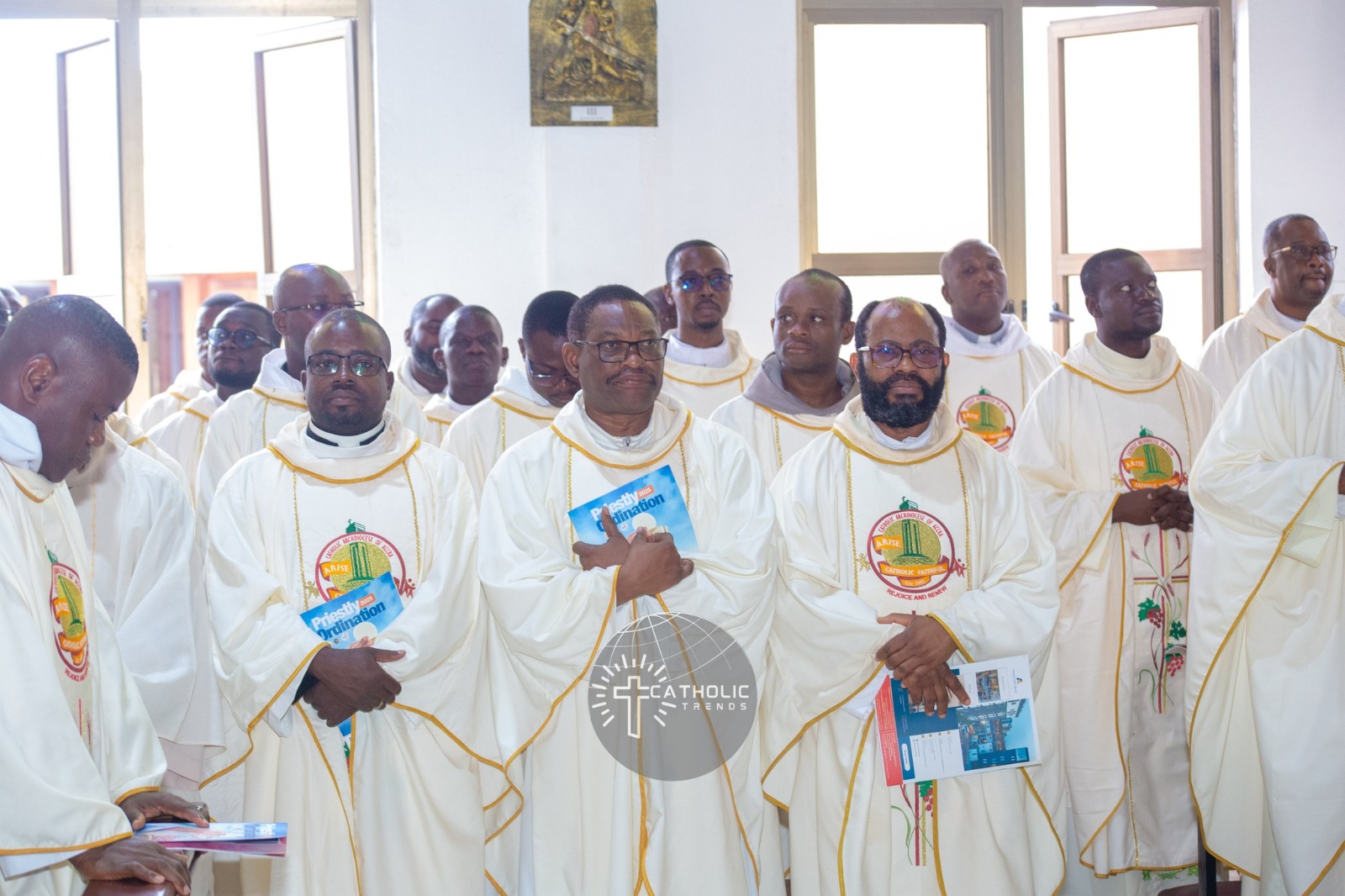



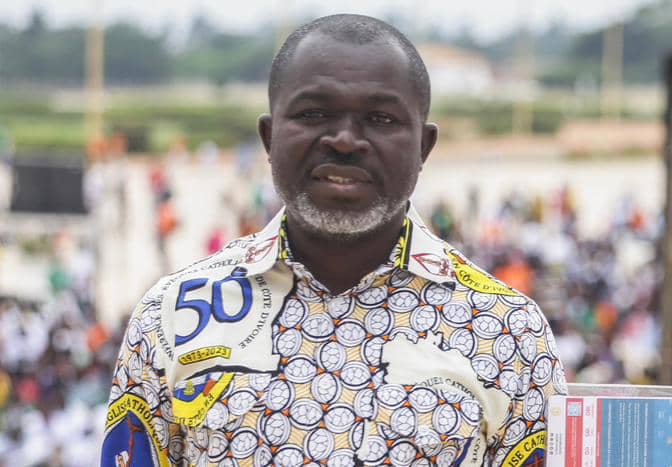
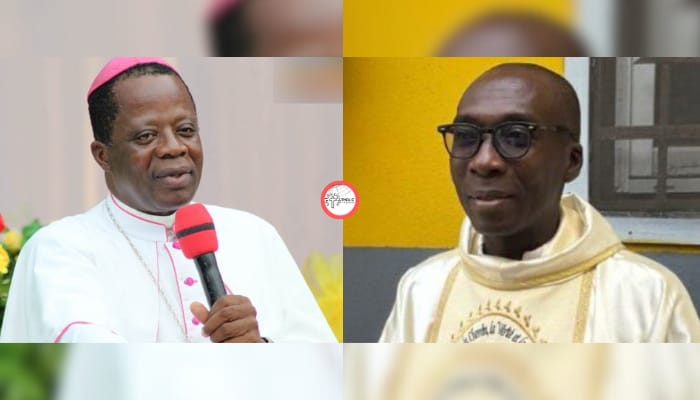
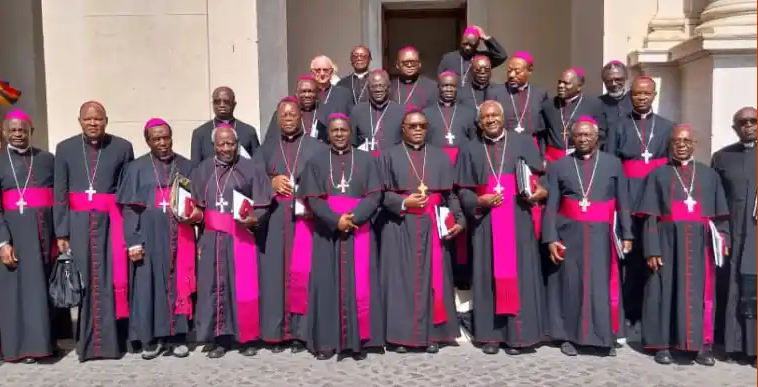
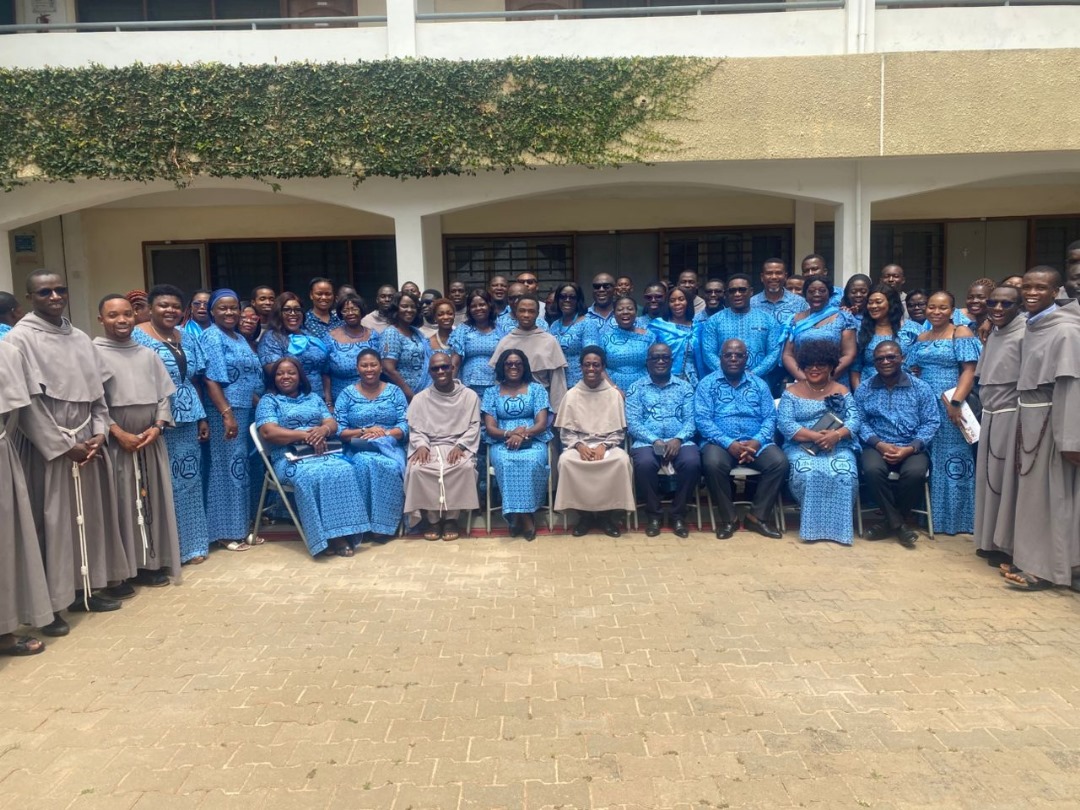

Discussion about this post